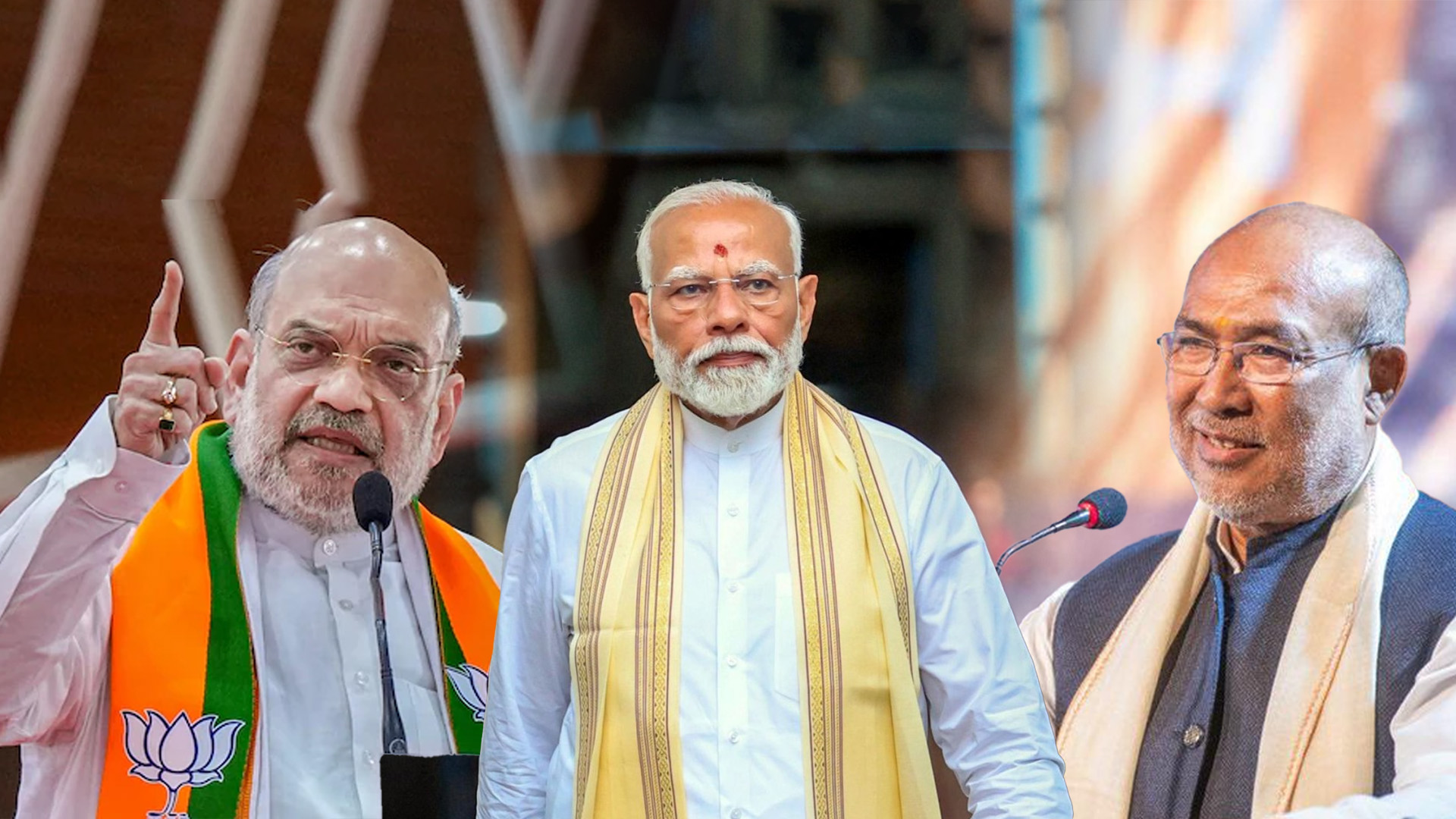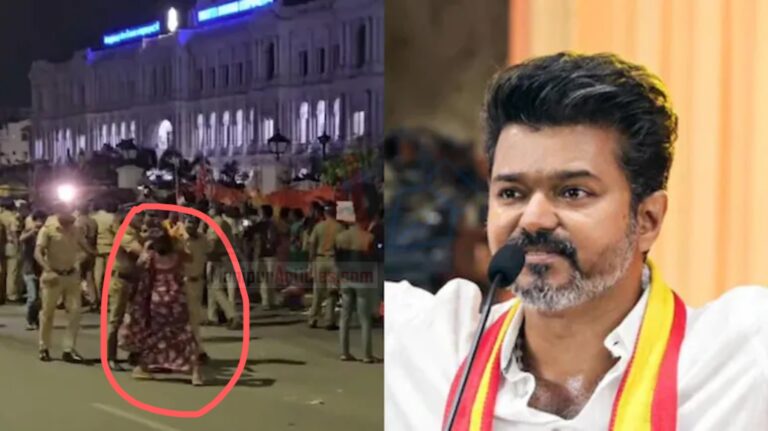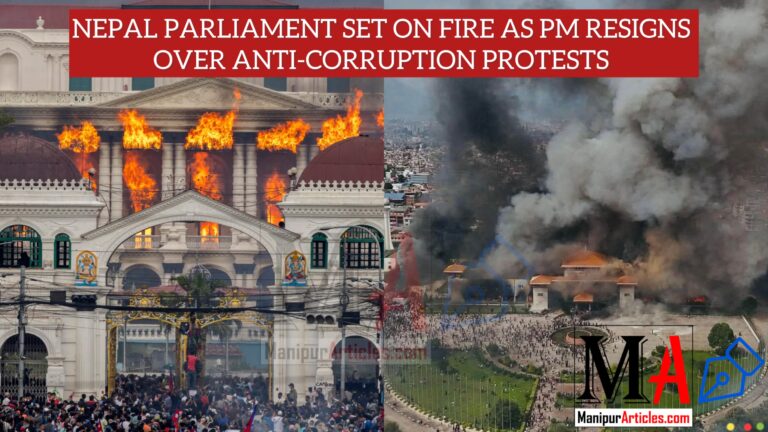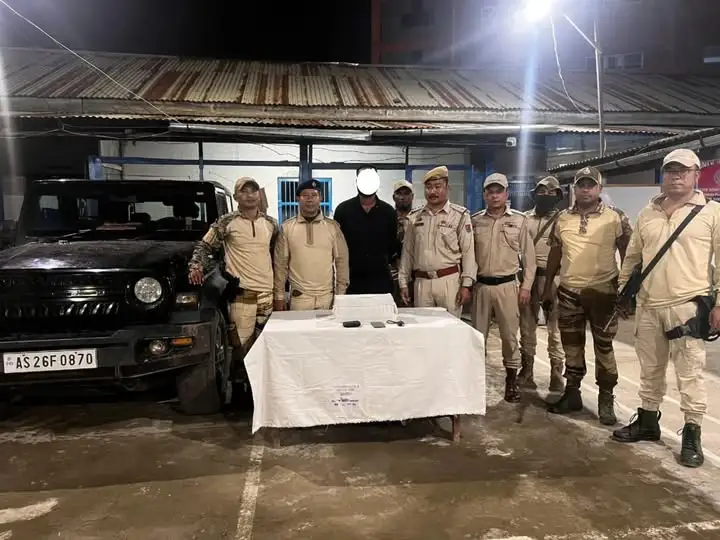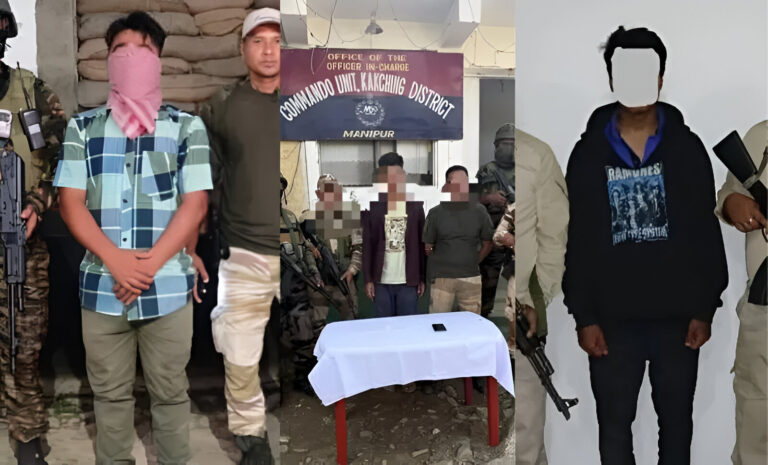Biren Singh Says He Was Forced to Resign Due to Manipur Crisis
Short Summary
Former Manipur Chief Minister N. Biren Singh announced on August 6, 2025, that he “was compelled to step down” amid the state’s protracted crisis and underlined the urgency of reinstating a democratically elected government. Speaking at a public event in Imphal East, the BJP leader lamented the deterioration in governance following the imposition of President’s Rule on February 13, 2025, and reflected on contentious policies—most notably his eviction drives and anti-drug campaigns—that drew fierce criticism despite their aim to benefit the state. Singh stressed that in the absence of an elected administration, “people and administrators cannot work hand in hand,” reiterating his long-standing advocacy for “popular government.”
Background of the Manipur Crisis
Imagine a society fraying at the edges—families displaced, communities pitted against one another, and a government struggling to keep pace with cascading violence. That’s the reality Manipur has grappled with since ethnic clashes erupted on May 3, 2023, between the valley-dwelling Meitei majority and the hill-based Kuki-Zo community. By late November 2024, official figures tallied at least 258 fatalities and over 60,000 displaced individuals, alongside the destruction of hundreds of homes and religious sites. This unrest, kindled by a court order recommending Scheduled Tribe status for Meiteis and inflamed by political maneuvering on both sides, quickly spiraled into a broader breakdown of law and order—what many describe as near-civil war conditions
The central government’s response was cautious at first. Security forces, including the Assam Rifles and CRPF, were deployed, but local grievances ran too deep for mere paramilitary presence to resolve. As the crisis persisted, administrative machinery faltered, culminating in the invocation of Article 356 and the imposition of President’s Rule on February 13, 2025—a stark symbol of constitutional breakdown in the state
Frequently Asked Questions
- Why was President’s Rule imposed in Manipur?
President’s Rule was imposed on February 13, 2025, after Chief Minister N. Biren Singh resigned amidst an ethnic-conflict-induced breakdown of constitutional machinery and failure to form a consensus government - What triggered the 2023–2025 violence in Manipur?
The conflict began on May 3, 2023, over a Manipur High Court order recommending Scheduled Tribe status for Meiteis, sparking protests by tribal communities and cascading into ethnic clashes between Meiteis and Kuki-Zo groups - How did eviction drives contribute to political unrest?
Singh’s eviction of encroachments along highways and forests, though aimed at reclaiming public land, was perceived by critics as biased and “communal,” intensifying community resentment during the broader crisis - What are the key challenges to restoring democracy in Manipur?
Restoring trust among ethnic groups, ensuring transparent electoral rolls, maintaining security during polls, and undertaking institutional reforms are pivotal for credible elections and sustainable peace - What role can civil society play in Manipur’s recovery?
Civil society and youth organizations can facilitate dialogue, monitor implementation of peace accords, and advocate for inclusive policies, ensuring that governance remains accountable and responsive to grassroots needs
